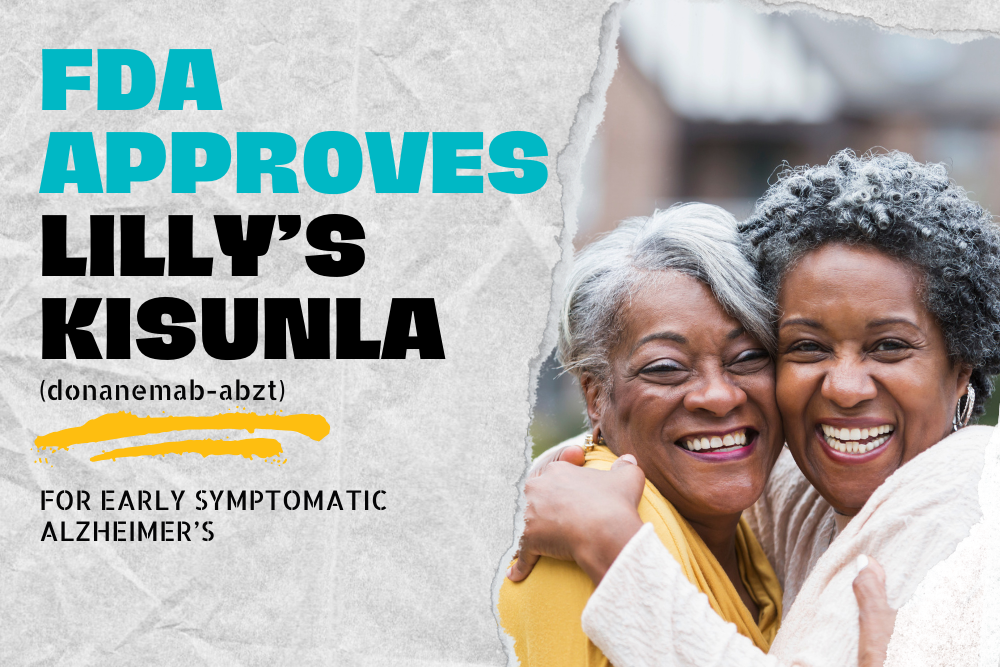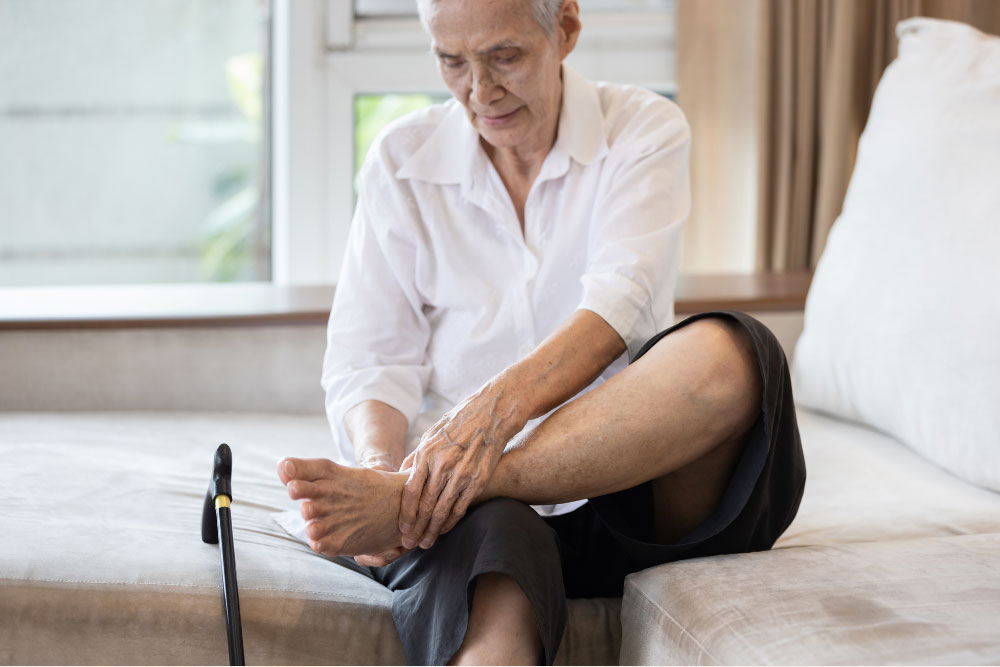FREQUENTLY ASKED QUESTIONS
- What are Clinical Trials?
- How do Patients Benefit from Participating in Clinical Trials?
- Are Clinical Trials Safe?
- The Guinea Pig Myth
- The Phases of a Clinical Trial
- Who pays for this research?
- How long do the programs last?
- How do I know if I am qualified?
Clinical trials are controlled research studies that monitor the safety and effectiveness of medications or devices for human use. Clinical trials involve many different aspects of research. Some trials test new, cutting edge medications, while others test new combinations or applications of medications that have not been previously approved. All trials, however, require the participation of volunteers in order to advance medicine as a whole. The volunteers are medical heroes!
There are numerous benefits from participating in a clinical trial. Many of our volunteers appreciate the access to cutting edge treatments. Others participate to receive potentially expensive study medications and treatments at no cost, as well as compensation for their time and travel. Lastly, our patients love the sense of community and civic service they feel knowing that their participation contributed to advancement of medicine. The Center for Information & Study on Clinical Research Participation (CISCRP) found that 95% of participants who completed a clinical trial were interested in participating in another!
Many people who have not previously participated in a clinical trial are concerned about the safety of participating. The safety of our volunteers is our number one concern! Unlike most situations in life, while participating in a clinical trial you have constant access to medical care and qualified staff who monitor your well being with meticulous attention to detail. Our doctors, nurses, and study coordinators will support you throughout the clinical trial process.
All pharmaceutical research goes through an extensive pre-clinical testing process before it ever reaches human patients to make sure it is as safe and effective as possible. Every clinical trial in the US must pass rigorous regulations and be monitored by an Institutional Review Board (IRB) to ensure the risks of the trial are as minimal as possible and worthy of any possible benefits to the participant.
A common misconception about clinical trials is that participants are research “guinea pigs.” This statement could not be further from the truth. Historically guinea pigs were used in research because of similarities they share with humans. However, guinea pigs do not have the ability to understand what a clinical trial involves and sign an informed consent. An informed consent form is a document that describes the goal of the study, what risk is involved, the possible benefits to the patient, and potential patient compensation. As mentioned above, all clinical trials are monitored by IRBs that ensure the trials are ethical and as safe as possible for human participation. Research volunteers are not guinea pigs. However, participants are just as important to future medical breakthroughs as guinea pigs were to the discoveries of vitamin C and the tuberculosis vaccine!
Clinical trials are divided into different states called phases. The earlier phase trials look at whether a drug is safe or the side effects it causes. Later phase trials aim to test whether the new treatment is better than existing treatments.
- Phase I involves the testing of IP’s (investigational products) for safety in humans for the first time. Phase I trials typically involve a small number of either healthy volunteers or people with the disease/condition.
- Phase II trials continue to monitor the safety of the IP and determine its effective dose. These trials involve several hundred volunteers.
- Phase III trials measure the effectiveness of the IP to treat a designated condition. These trials are large scale and involve hundreds to thousands of volunteers.
- Phase IV trials are often required by the FDA and are designed to measure long term safety and efficacy of IP’s after they are approved.
Sponsors such as pharmaceutical companies, governments and foundations fund medical research through study grants. The grant provides the funding to conduct the study at local research sites, so you don’t pay a thing. In fact, we don’t even ask for your insurance information.
Depending on the type of research, studies can last from a few weeks to several years. Each program is designed to collect specific information, but volunteers will know before enrollment how long the study is expected to last and exactly how many visits to the research site will be required.
Because each research program is unique and has specific enrollment criteria, the best way to find out if you qualify for a clinical research study is to either call us or come in for a free evaluation. Whether you have a medical issue and want to explore research solutions, or you are a healthy volunteer, come visit one of our research sites and find out more. There is never an obligation, and one of our experts will be happy serve you.




